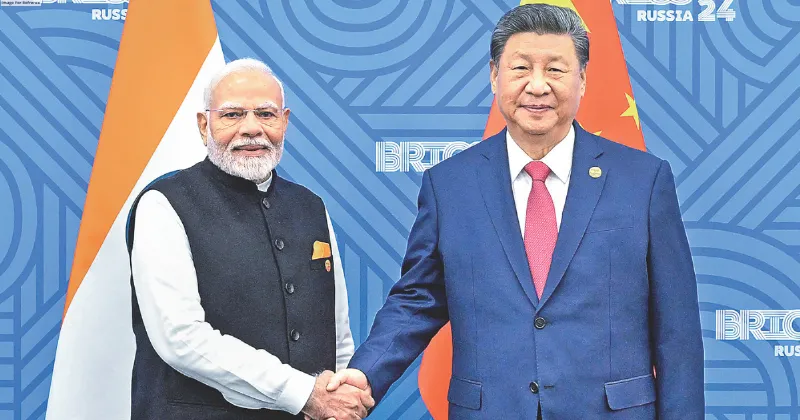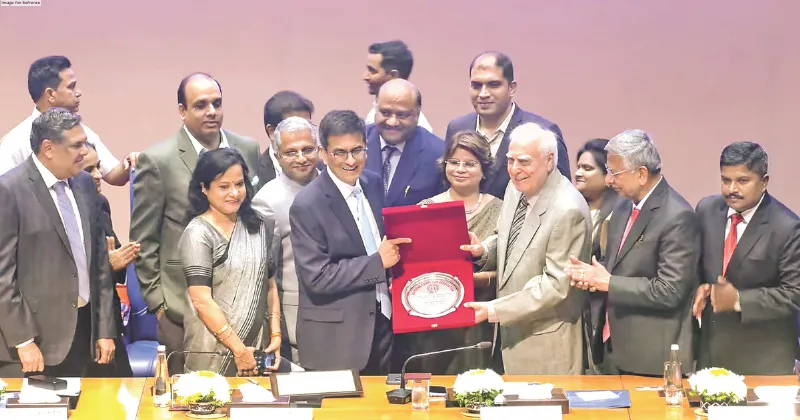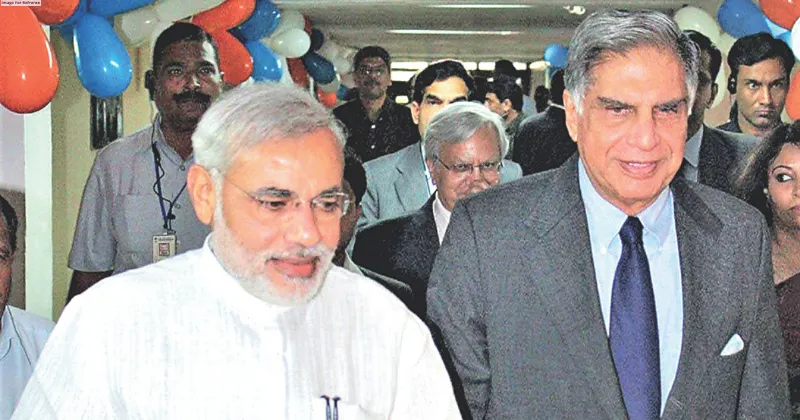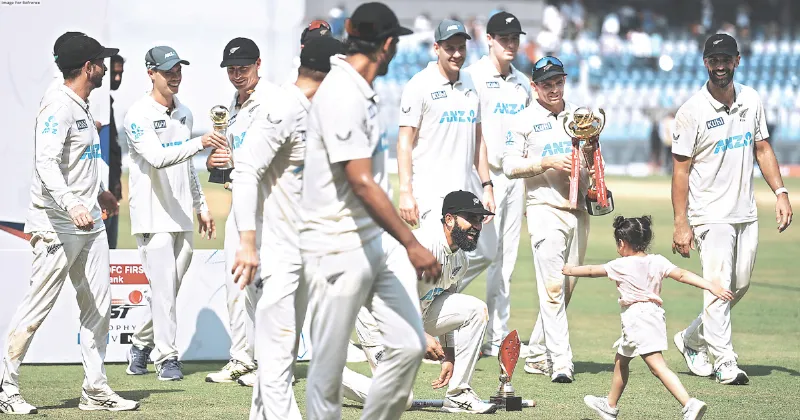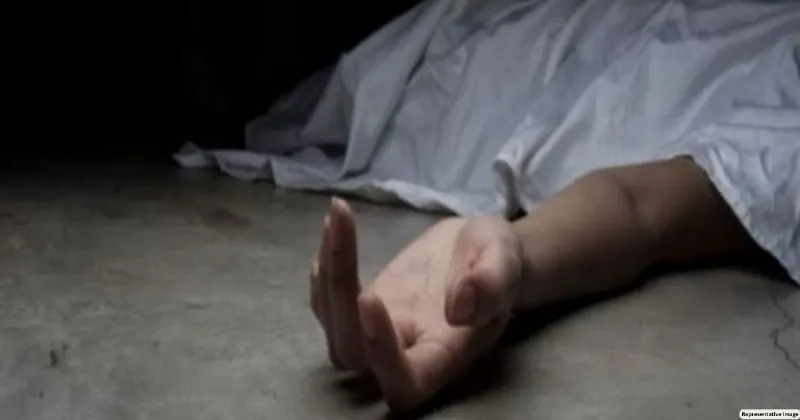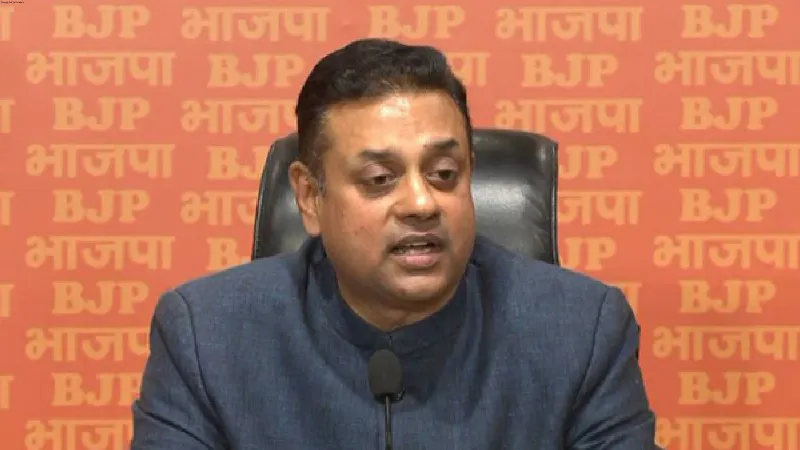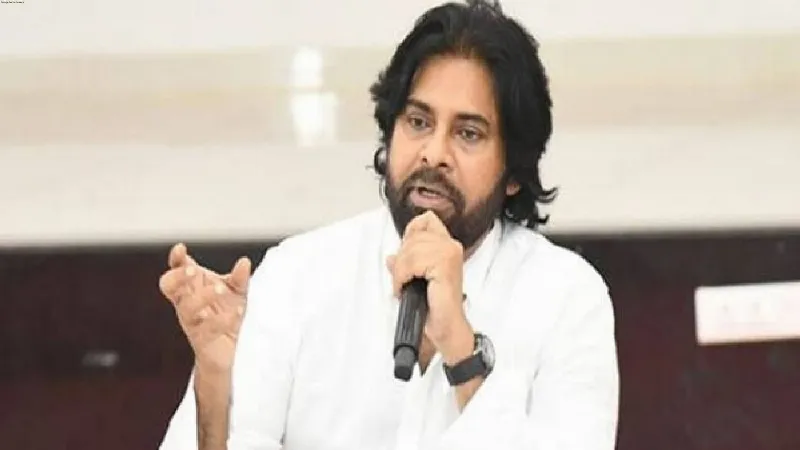Latest News
TRANSFORMING LIVES: COCHLEAR IMPLANTS, A BOON FROM GOVERNMENT

India boasts a demographic landscape where a substantial portion of its population comprises children, and they play a pivotal role in shaping the nation’s future. These young minds represent the future innovators, leaders and workforce of the country. Their education, health and overall well-being are paramount not only for their personal development but also for the progress of the entire nation. Nurturing and investing in this pool is essential for India’s economic growth, and social development. As per WHO estimates, in India 63 million people are suffering from significant auditory impairment and an estimate of childhood deafness at about 22 million. A nationwide survey by the National Program for Prevention and Control of Deafness (NPPCD), has concluded that the incidence of deafness is 4 per 1,000 live births in India.
Hearing impairment in a child, especially when present from birth, can profoundly impact their quality of life. Sound plays a fundamental role in a child’s development, from language acquisition to social interaction and learning. They may struggle with developing spoken language and communication skills, leading to difficulties in expressing themselves and understanding others. It can affect educational progress, making it harder to keep up with classroom instruction and hindering literacy development.
Cochlear implant (CI) is an established treatment for patients with bilateral severe to profound sensorineural hearing loss. It is a medical device that uses electricity to stimulate the spiral ganglion cells of the auditory nerve. This device is the most successful one to replace sensory deprivation. Neuroplasticity, the ability of neurons to change or reorganise, underpins the success of early implantation. Everything comes with a price and so does cochlear implants. In a developing country like India, the challenges of accessing cochlear implants are exacerbated by the economic disparities that exist in the country.
A significant portion of the Indian population faces economic constraints, making it difficult for them to afford specialised treatments. “Parents are living Gods. They do everything to make their children happy and expect nothing in return.” Therefore parents try every possible thing to arrange funds for a cochlear implant for their child, but this process can be a lengthy and daunting journey and sadly during this time, precious years crucial for early intervention slip away.
As stated earlier, early intervention is vital in unlocking their full potential for language development and overall communication skills. Every day lost can hinder their progress and limit their ability to catch up with their hearing peers. While parents tirelessly work to secure the necessary funds, the clock keeps ticking, and the window of opportunity for timely intervention narrows.
This underscores the critical importance of improving accessibility to such life-changing treatments, ensuring that children can receive the care they need without unnecessary delays, thus maximising their chances of a brighter future. Back in the 2000s India’s healthcare infrastructure was often strained, and public subsidies for such treatment were limited. This disparity underlined the urgent need for improved accessibility and affordability of essential healthcare services in India. Therefore, the role of government-funded schemes and non-government organisations aiding this population becomes important who can provide this advanced and expensive technology free of cost or at minimal cost?
In India, the first cochlear implant surgery was done in the 1990s and that too in a private setup. Medical insurance companies did not cover cochlear implants and still do not but the government has been convinced to support many cochlear implant programmes. The journey of cochlear implants in Rajasthan began in September 2010, marking a significant milestone in the state’s healthcare history. Government funding for this life-changing procedure officially commenced in January 2011, thanks to the Chief Minister Relief Fund. In those early days, there were no specific age criteria, reflecting the pioneering spirit of the initiative. However, recognizing the importance of early intervention, in 2015, the maximum age for cochlear implants was reduced to 6 years.
Notably, in 2022, this age limit was further lowered to 4 years, emphasising the government’s commitment to providing this essential service to the youngest of patients. The government’s efforts didn’t stop at age restrictions. Understanding the significance of bilateral implants for comprehensive hearing rehabilitation, in 2022, they introduced bilateral cochlear implants for children as young as 2 years old.
This progressive approach ensures that children can benefit from the best possible auditory experiences from an early age. Recognizing that the journey to better hearing doesn’t end with surgery, the government also prioritized speech therapy.
In 2011, speech therapy was provided free of cost for a year, and this duration was extended to 2 years in 2021. This holistic approach to hearing rehabilitation underscores the government’s commitment to the well-being of cochlear implant recipients. Economic constraints can be a significant barrier to healthcare access, but the Rajasthan government has shown a remarkable commitment to breaking down these barriers.
In 2021 and 2023, they provided funding for accessories and upgrades for cochlear implants, acknowledging that these implants are long-term investments in the future of these young patients. Early identification of hearing issues is crucial, and in 2019, universal neonatal hearing screening was introduced in every district of the state.
This proactive approach ensures that children with hearing impairments are identified and supported as early as possible, improving their chances of successful intervention and a brighter future. Through the combined efforts of the government, responsible society, dedicated doctors, and speech therapists, Rajasthan’s cochlear implant program has flourished. To date, approximately 1,200 patients have benefited from this initiative, and more than 7 government centres now regularly perform cochlear implant surgeries.
Additionally, an equivalent number of speech therapy centres have been approved for cochlear implantation, further enhancing the comprehensive care and support provided to these children. This program stands as a shining example of how collaborative efforts can transform lives and pave the way for a more inclusive and accessible healthcare system. “Starting something new in a state as vast and diverse as Rajasthan is like navigating through a desert – challenging, but with the potential to discover hidden oases of opportunity.” So in the early stages of this program, there was a noticeable hesitancy among patients, especially parents of children. The prospect of a major surgical procedure and the idea of introducing a foreign device into their child’s body were met with understandable apprehension. Many parents were hesitant to proceed, even when it was offered free of charge.
However, the dedicated team of doctors played a pivotal role in alleviating these concerns. They provided invaluable counselling sessions to parents, taking the time to explain the benefits and safety of cochlear implants in detail. To further assuage fears, doctors arranged meetings between hesitant parents and children who had already undergone successful surgeries. These interactions allowed them to witness firsthand the transformative impact the implants had on the lives of these children. In addition to these efforts, routine coverage by print and electronic media outlets played a crucial role in spreading awareness about the cochlear implant and its program. Through informative articles and heart-warming stories of children who regained their hearing, the media generated significant public interest. Government-funded cochlear implant programs are a testament to the power of collective efforts in transforming lives. They offer not just the restoration of hearing but the promise of a brighter, more inclusive future for children who would otherwise be trapped in silence.
As governments continue to invest in these life-changing initiatives, they are not just providing aural rehabilitation but also sowing the seeds of hope, opportunity, and a harmonious world of sound for all. Let’s join hands in making this world a better place to live, laugh and love. “In the symphony of silence, cochlear implant recipients are the composers of their melody, enjoying a life transformed by the gift of sound.”
THE VIEWS EXPRESSED BY THE AUTHORS ARE PERSONAL
Dr Tanmaya Kataria The writer, an Assistant Professor in the Department of ENT at Mahatma Gandhi Hospital in Jaipur & Dr Mohnish Grover The writer is a Professor, Department of ENT at SMS Hospital in Jaipur

